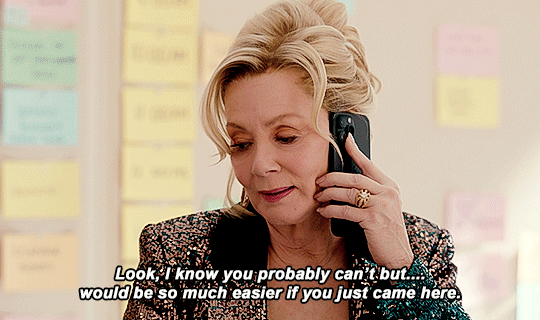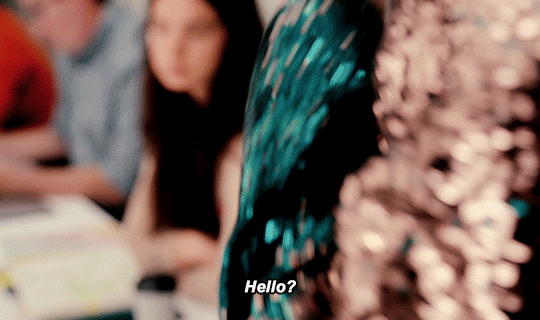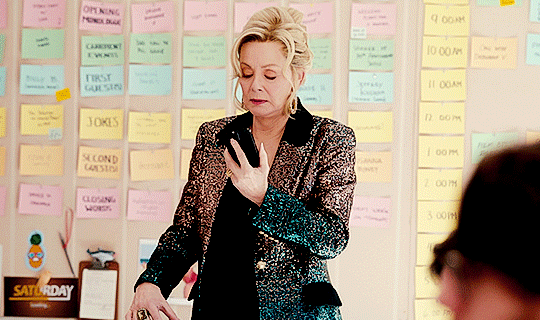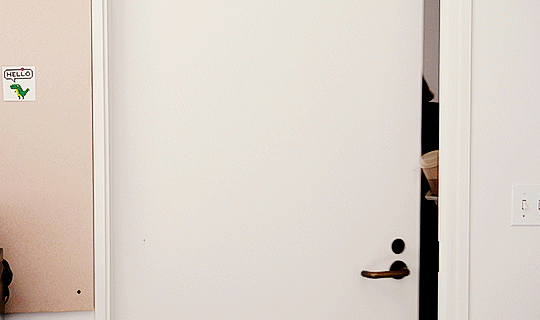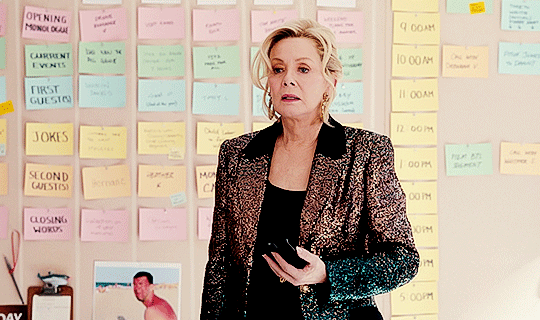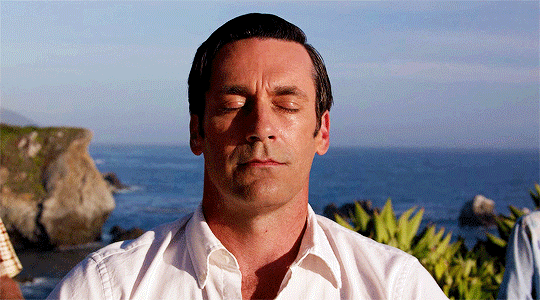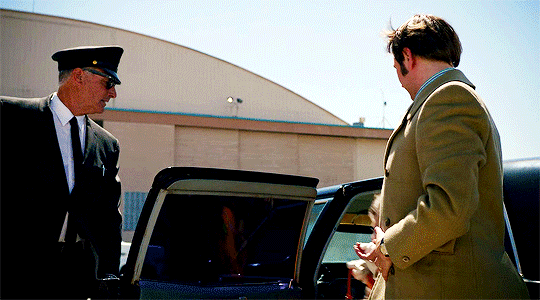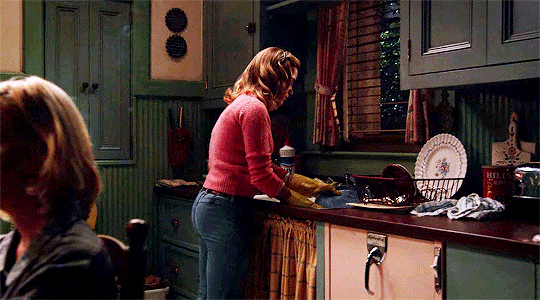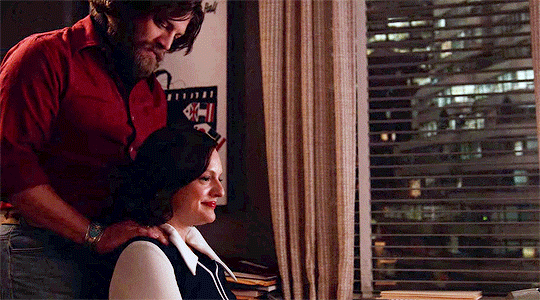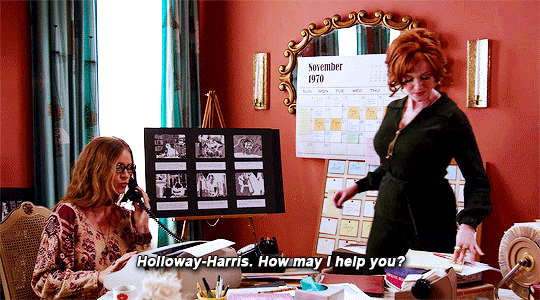21+. she/her. multifandom. mostly reblogs of people's faces.
Don't wanna be here? Send us removal request.
Text
need to string together my thoughts more on this but reeeeeally interesting to see the influx of media - severance, the substance, mickey 17 - centered on the idea of a double/expendable iteration of yourself.
the dehumanization of workers by the way of non-livable wages, unsafe working conditions, and identity based discrimination (and the current removal of dei initiatives), all drive a wedge between our personhood and the value we are prescribed as a member of the workforce. something something the effects of ai and deepfakes already putting people in danger, the way we live and present our lives online vs in reality, there’s a lot to unpack here. but it’s fascinating to see this trope so widely translated as a storytelling vehicle for these ideas, and that this is the story that people are interested in telling.
13K notes
·
View notes
Text
fic:
Tomorrow’s Lovers Will Be Found (3500 words) Fandom: Twin Peaks Rating: Explicit Warnings: No Archive Warnings Apply Relationships: Dale Cooper/Audrey Horne Characters: Audrey Horne, Dale Cooper (Twin Peaks), Margaret “The Log Lady” Lanterman Additional Tags: Alternate Universe - Canon Divergence, Hurt/Comfort, First Time, Loss of Virginity Summary: On stage at the Roadhouse, truth came tall enough to scrape the ceiling. Now, in her father’s bar at the end of the night, Audrey went up on her toes to kiss him.
28 notes
·
View notes
Text

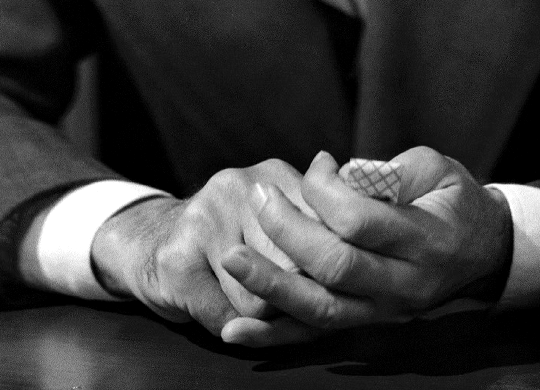
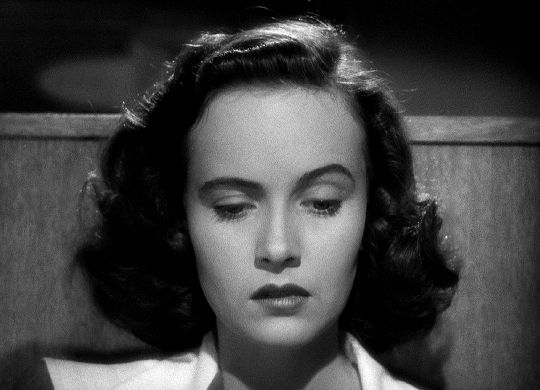
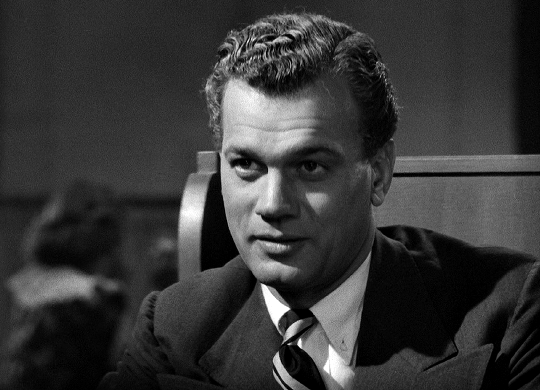


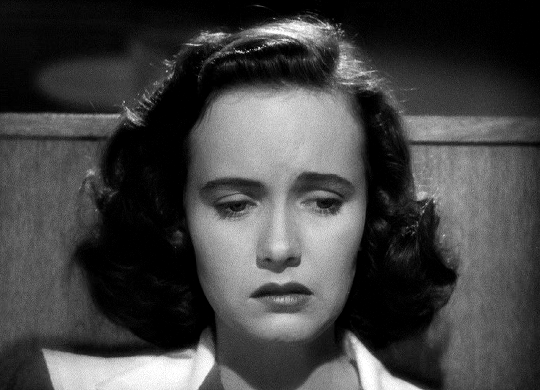

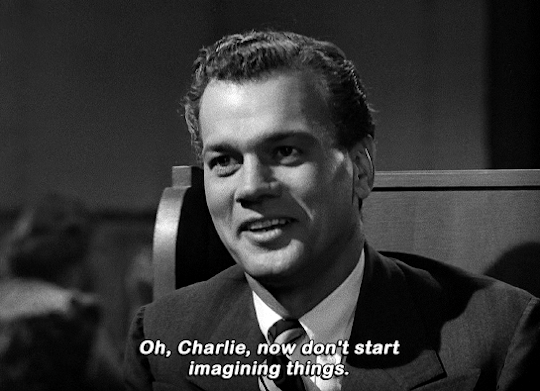
SHADOW OF A DOUBT (1943) dir. Alfred Hitchcock
741 notes
·
View notes
Text
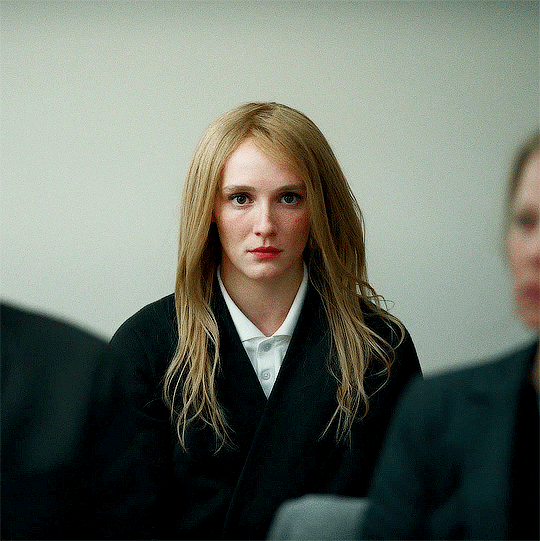



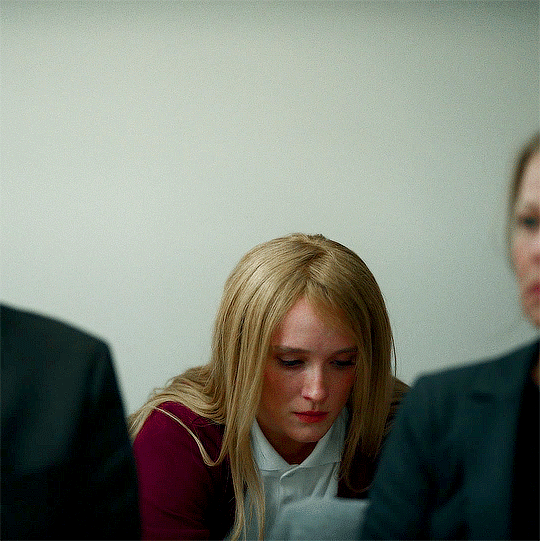

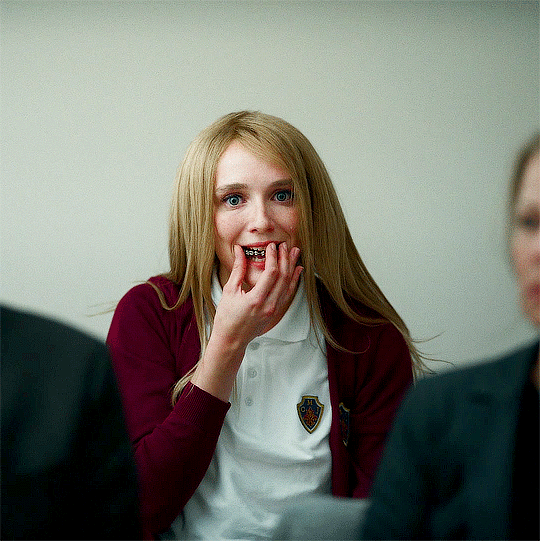

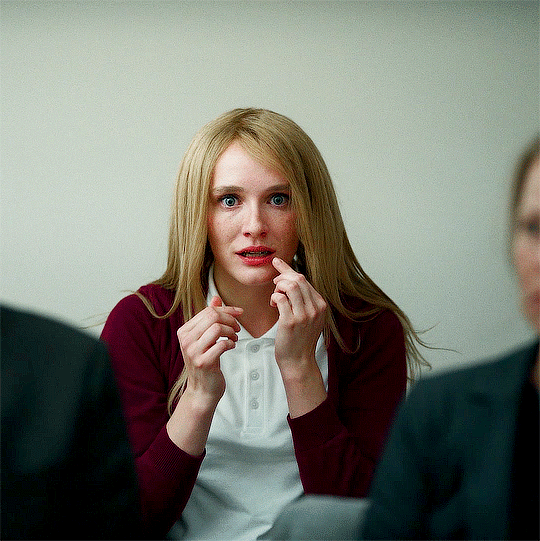
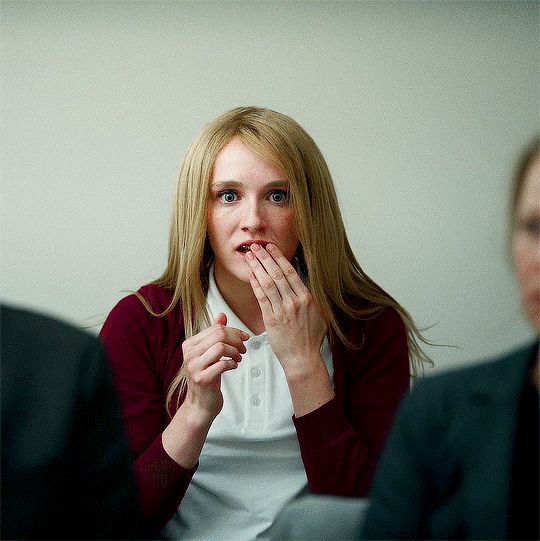
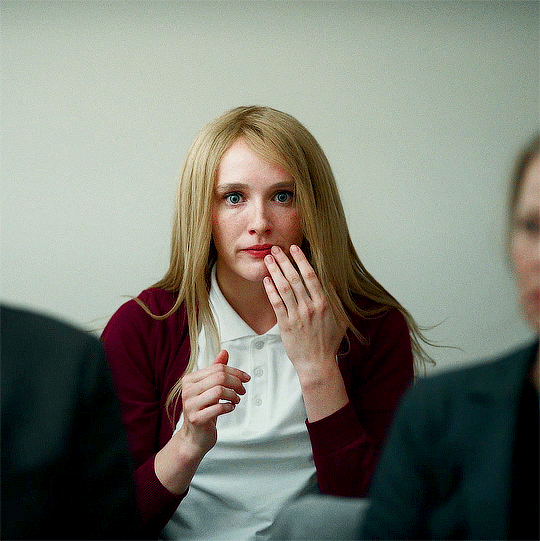
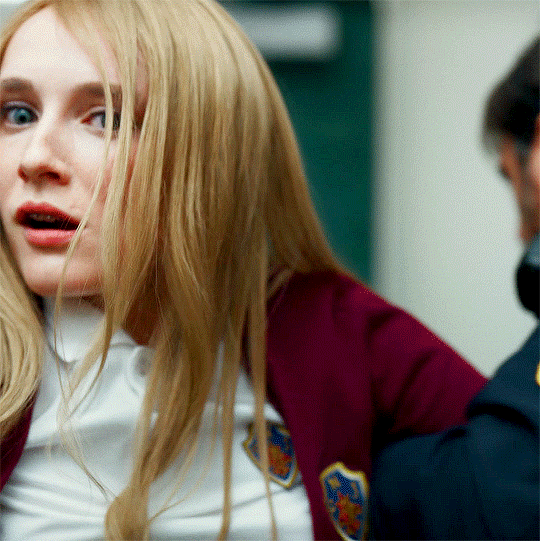

Red Rooms (2023) dir. Pascal Plante
656 notes
·
View notes
Text
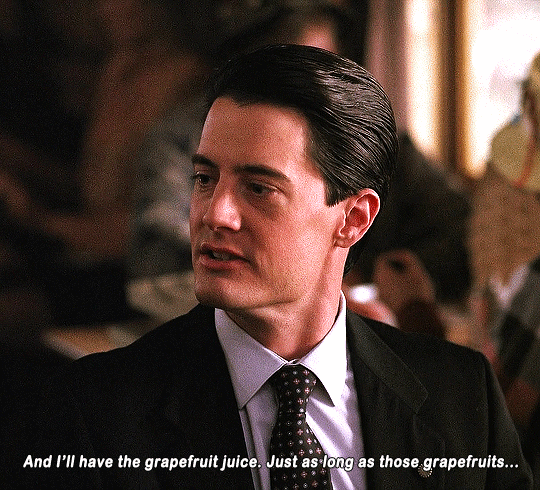
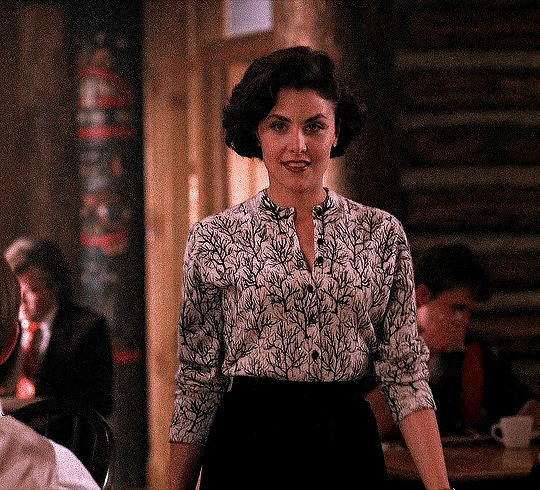

TWIN PEAKS | 1.02
804 notes
·
View notes
Text
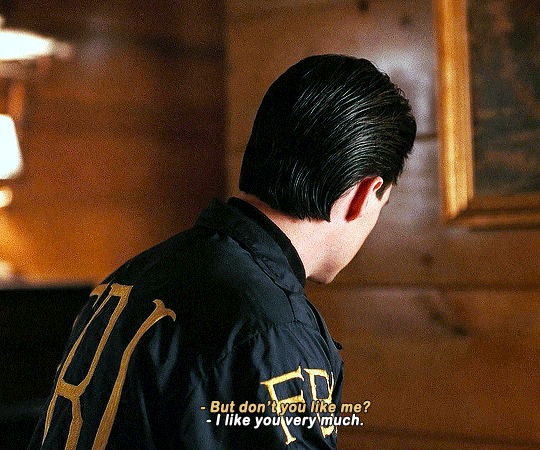


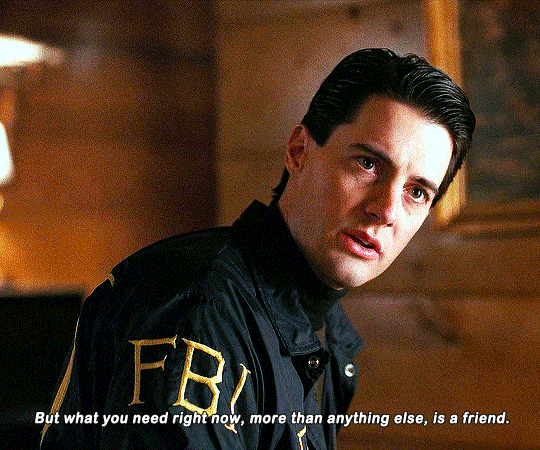

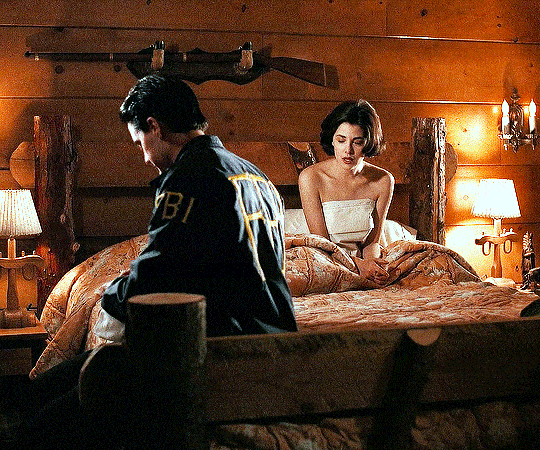
TWIN PEAKS | 1.07
2K notes
·
View notes
Text


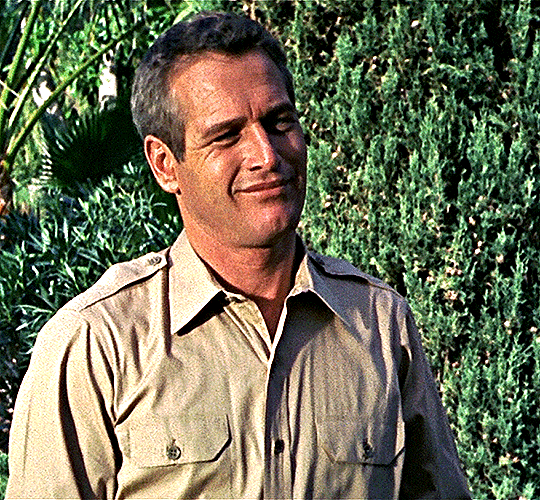



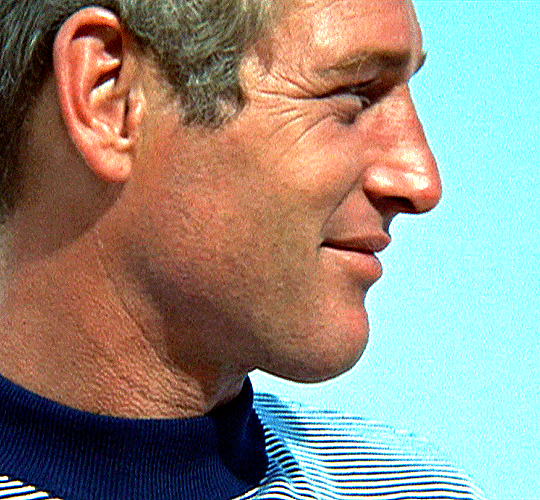

"He has the attention span of a bolt of lightning." — Robert Redford, 1986
"Paul likes to test himself. That's what makes Paul run. He's got a lot of courage, a highly underrated element in people's lives these days." — Joanne Woodward, 1982
Happy birthday, Paul Newman!! Jan. 26, 1925 – Sept. 26, 2008
3K notes
·
View notes
Text


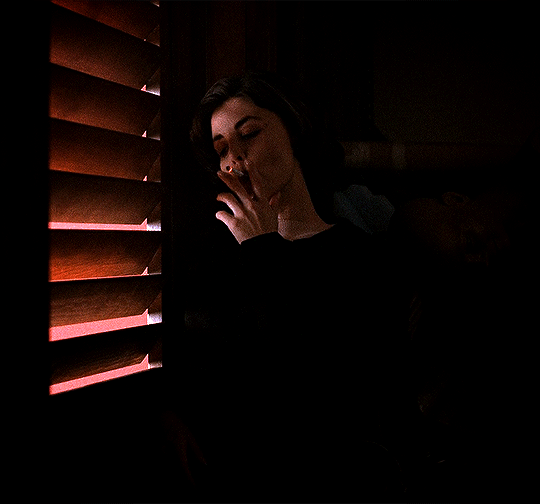


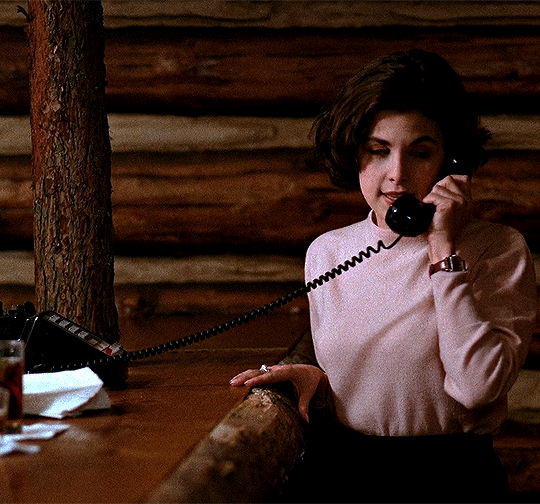
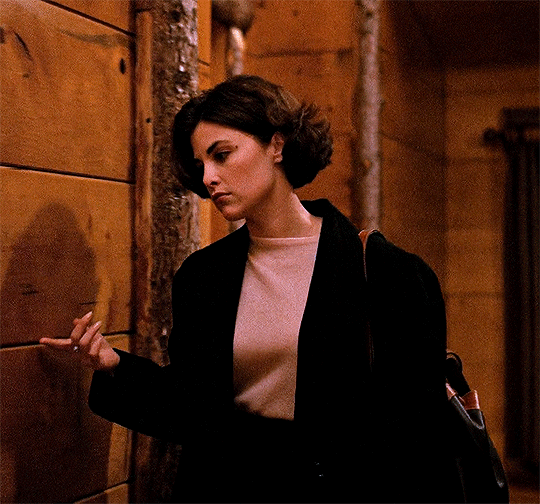

AUDREY HORNE TWIN PEAKS | 1.07
3K notes
·
View notes
Text
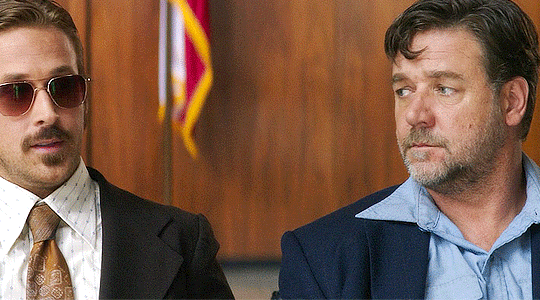
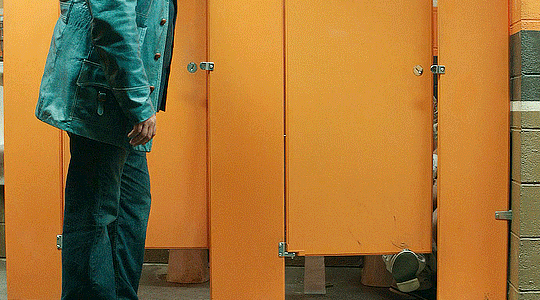

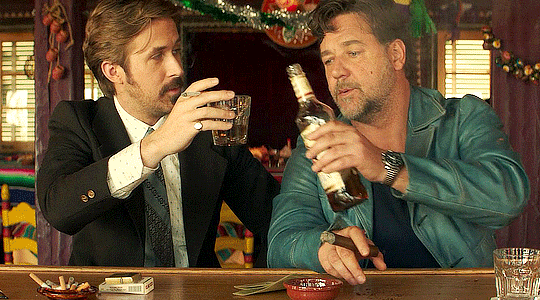

kai @miwtual’s birthday countdown event + DAY 8: dynamics.
THE NICE GUYS (2016)
(These two deserved a sequel.)
754 notes
·
View notes
Text
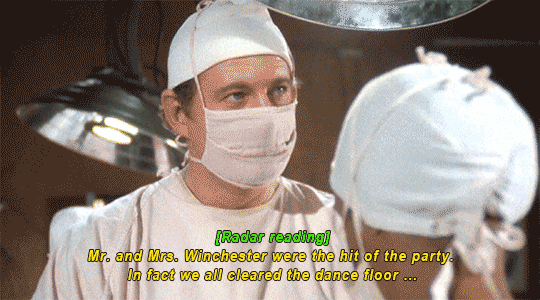

Charles's soft little expressions in the OR in 7x26 "The Party" are living in my heart rent-free. He would never admit it, but he's so delighted that his parents got along with the other MASH families!
We thought it might be an interesting experience to attend. Certainly not much to keep us in Palm Beach this season. The weather is vile. Chaz and Buffy Sprinsock have been blotto since the day we got here. We do think we ought to meet the families of those who are right now the most important people in your life.
Bonus Hawkeye:

196 notes
·
View notes
Text
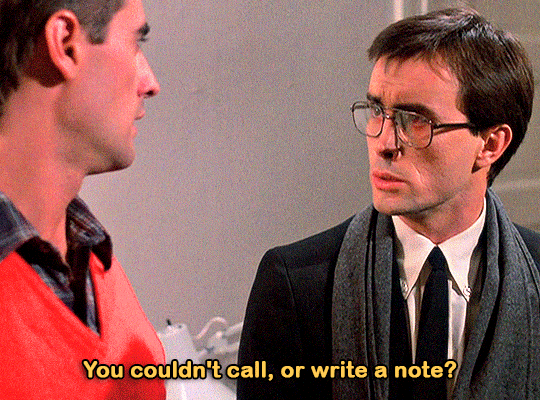
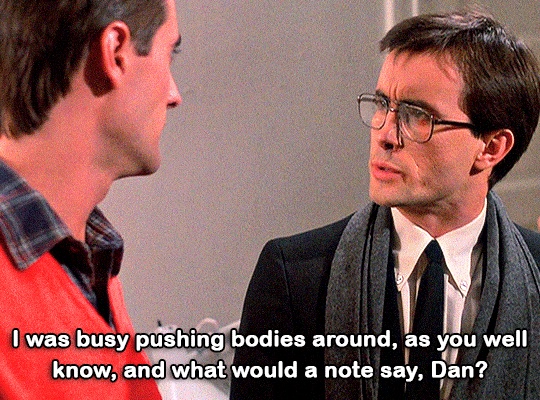

RE-ANIMATOR 1985・dir. Stuart Gordon
2K notes
·
View notes
Photo
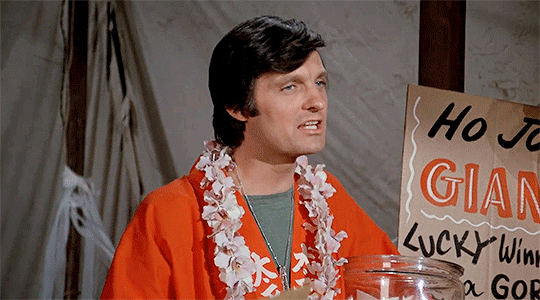
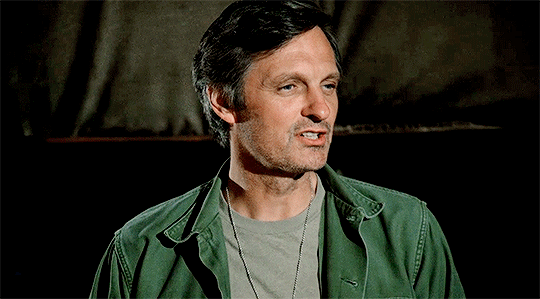
Hawkeye Pierce, pilot and finale.
1K notes
·
View notes
Text

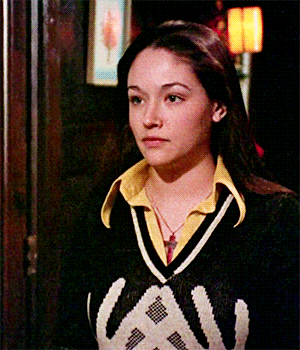

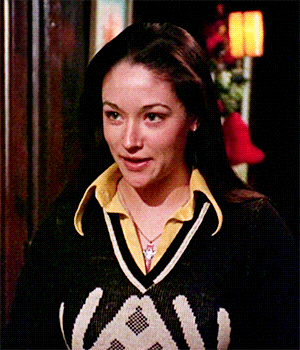
OLIVIA HUSSEY as JESS BRADFORD Black Christmas (1974), directed by Bob Clark
339 notes
·
View notes
Text
Still on my MASH nonsense, I watched 8x22 "Dreams" last night and I'm completely full of meta thoughts about it. I don't think I'm going to cut this for spoilers for a 40-year-old episode (unless it gets long) because I figure everyone reading this has probably either seen it or doesn't care.
So I think what fascinated me most is that Hawkeye and Charles were the only people out of the main cast whose great fear was specifically not being able to save people because they weren't good enough. This fascinates me doubly because Hawkeye also dreamed Charles into his dream, trapped in the same hell he's in, and then this is reflected in the finale (I'm watching out of order, I watched the finale recently even though I still haven't seen most of seasons 9-11), when Charles and Hawkeye are the two people with the most visible emotional trauma from the war and specifically about people they failed to save in it.
There were other people whose dreams were clearly about the tragedy of soldiers dying around them (Margaret and Mulcahy in particular) but not in a way that really feels quite so much like they're blaming themselves for it, whereas Hawkeye and Charles's dreams very clearly were about that.
Okay, this did get long, so I'll cut it a bit.
In general, going through the dreams in no particular order:
Potter's been around so much and seen so much that he's not even that affected by what's happening; he just has a fairly nice dream about his childhood. (Though he also got interrupted in the middle, so it's possible things would have gone bad later.)
Margaret has the other most complicated dream next to Hawkeye's; like Hawkeye's, hers is full of symbolic elements and changes. I read Margaret's dream mainly as craving home and family, which the war is constantly taking away from her, leaving her alone with a marriage bed full of dead soldiers and a wedding dress drenched in blood.
BJ misses his wife and blames the war for taking him away from her.
Klinger is simply afraid that the only way he's going home is as a corpse.
Mulcahy is probably the other one who has a dream that's the most similar to Hawkeye and Charles's in terms of sheer guilt; his is about faltering faith, in which even the trappings of the highest office in his faith can't stop him from being splashed with the blood of the dead.
Charles dreams of all his skills and talents as nothing more than empty stage magic that can do nothing to stop a patient from dying in front of him, while everyone stands around judging him and slowly recognizing him for a fraud.
And Hawkeye dreams himself and Charles into the world's most horrifying medical school, in which he (and Charles, more indirectly) are tortured for not paying attention and failing to answer questions correctly.
I think what really gets to me about the first part of Hawkeye's dream is how terrified and hurt they both look.
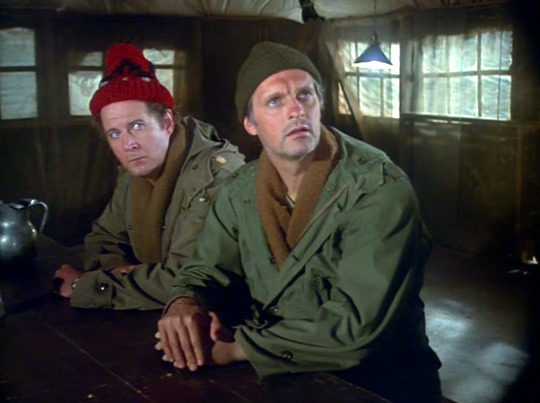
Their entire body language is that of kids being punished, who are trying to avoid drawing attention and being punished more.
Charles dreamed of failing to save patients as a direct personal failure, with adoration turning to condemnation as people realize he's a fraud. Whereas Hawkeye sees both himself and Charles as victims of an impersonal system that punishes them cruelly for failing - but it's still Hawkeye's failure that leads to punishment.
I actually thought this was going in a slightly different direction with Hawkeye being forced to choose whether to give up his own limbs or sacrifice Charles's; instead it's Charles being ordered to torture him, clearly not wanting to but doing it anyway - I think that there's just a lot to unpack here about how Hawkeye sees himself and everyone around him as being victimized by an unfair system that brutalizes them constantly.
And then he ends up surrounded by the pieces of the people he couldn't save, unable to help anyone because he has no hands to help them with, and the helicopters just keep coming - oh, Hawkeye.
MASH: a comedy.
Tying this to the finale, though, it made me think that after Hawkeye (and Mulcahy, who is similar to Hawkeye in bleeding for everyone who's hurt in the war) Charles probably has the next-highest tendency to get attached to people that he meets as one-offs in various episodes, which is fascinating because you wouldn't think he would be like that, but that's what got to him in the finale, was bonding with people he'd only just met. And he does that off and on throughout the series, too, like in the episode with the injured musician, or the stutterer, or the baby episode.
BJ and Margaret simply compartmentalize better. BJ's entire life is centered back home, where nothing that happens to him out here is really going to affect him as much. And Margaret has a fairly highly developed ability to be empathic in the moment but turn it off later - I'm not saying she's unfeeling, she clearly isn't, but as someone in a profession where she deals with helping injured people with their physical needs and soothing their pain all day every day, she has to.
Charles isn't high-empathy in the same way Hawkeye is, but once he sees his patients as people, he can't really unsee it, and he can't turn it off and on as easily (which I think is the thing both BJ and Margaret can do; they can feel for the people they're helping and then let it go and move on - they're both emotionally healthy enough to recognize that it's not their fault if things turn out badly and let it go). Charles is harder to get emotionally engaged but once he does, he gets really into fixing things for that person, I think.
And Hawkeye can't turn it off at all, poor guy 😭; he bleeds for everyone like that, all the time.
139 notes
·
View notes
Photo


I want you home.
Sherilyn Fenn & Kyle MacLachlan | Twin Peaks
233 notes
·
View notes
